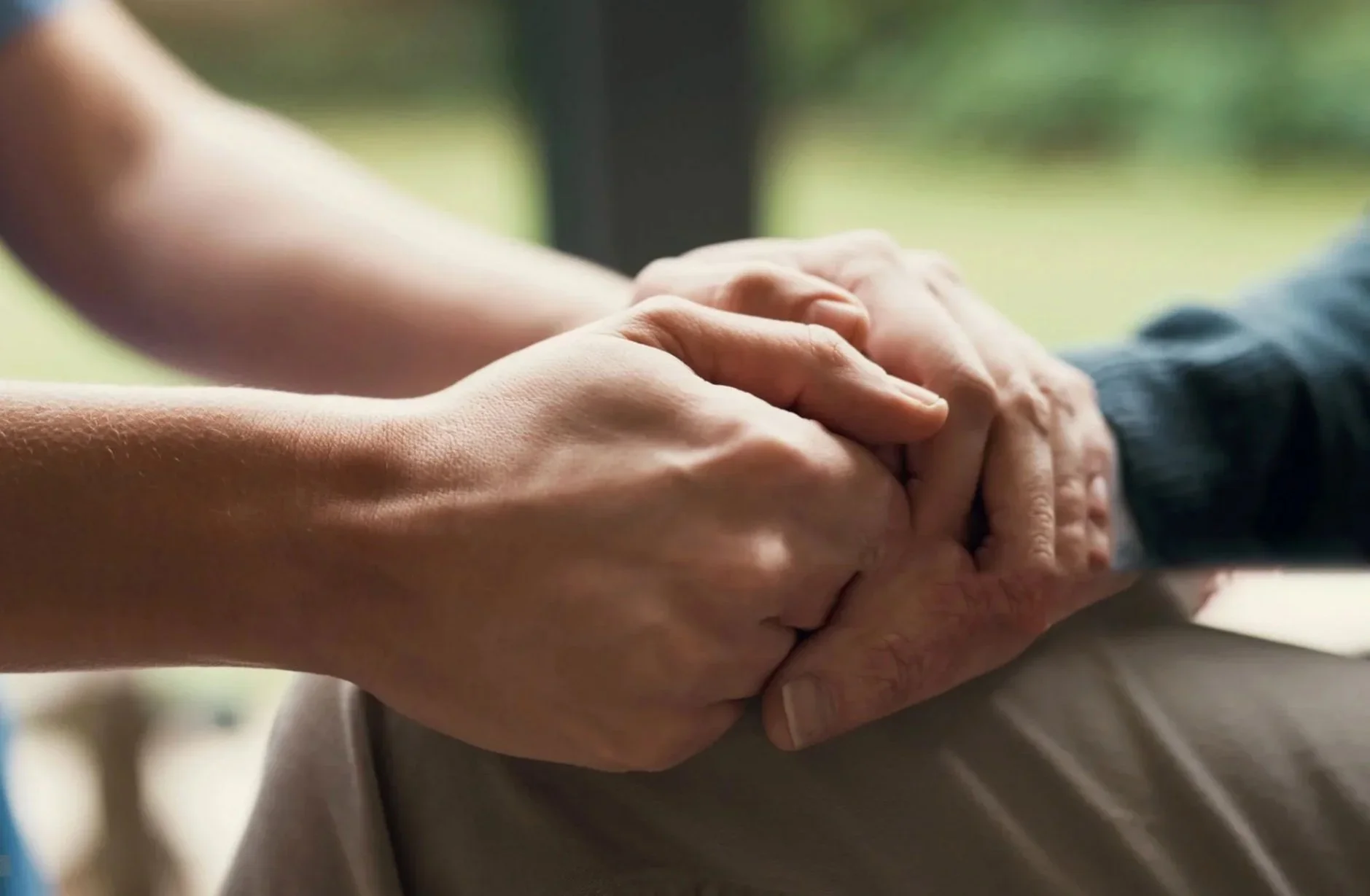International Day of Families - Adults Bereaved as Children
Author: Mandy Gosling
Overview: Reflecting on the International Day of Families, Mandy Gosling, AtaLoss Subject Matter Expert considers the challenges adults bereaved as children face.
When a child loses a parent or sibling, it is not only their world that changes – the entire family system reshapes to incorporate the loss. Reflecting on the International Day of Families, AtaLoss Subject Matter Expert Mandy Gosling considers first-hand the challenges that adults bereaved as children face.
International Day of Families: Adults Bereaved as Children - Reflections and Insights
If you have ever lost a parent or sibling as a child, you'll know that it is not only your world that changed, but that your entire family reshaped to incorporate the loss. This can be challenging for everyone in a family, with each person dealing with grief in their own unique way. Support at this time is crucial for everyone, and charities that specialise in childhood loss can be especially helpful. Find support services for bereaved children here. However, for many reasons, not everyone bereaved in childhood has access to an early intervention. The imprint of early loss can leave its mark, igniting fresh waves of grief and responses that might not ‘traditionally’ look like grief throughout adulthood.
Loss and grief experienced as a child can weave itself into your life story as you mature. It is complex. There is potential for it to evolve positively, such as developing profound empathy, resilience and a sharpened appreciation for life’s fragility. But this can also be punctuated, often unexpectedly, with moments of feeling unable to cope - even though friends, colleagues or family may see a capable adult. These challenges often arise when the absence of that person feels especially dominant, causing grief, trauma and stress sensitivity in those bereaved, even years after the loss. These feelings are natural. Grief is not a one-time experience; it can surface many times across your life, calling for attention.
Understanding the Challenges
Grief at any stage of life can be difficult to navigate. But losing a parent or sibling in childhood can be one of life’s most traumatic events. The deep belief that a child's life is safe, predictable, and that the people we love will always be there, can be shattered. It’s important to recognise how this loss of predictability can continue to shape your adult life.
Being aware of what may still be affecting you today can help reduce feelings of shame and enable you to reach out for support. These feelings may seem out of place when the loss happened long ago, but they are normal. Recognising this can help you to reach out for support. That might be to process your grief, to develop healthier coping mechanisms, to better navigate life’s dilemmas, or to create space for a continued bond with your person.
Some examples of when grief may resurface in life include:
Milestone moments: university graduations, weddings, the birth of a child, or the loss of another loved one.
Special dates like birthdays, Christmas, Easter, and Mother’s/Father’s Days, when family gatherings highlight the absence of the one who is missing.
Death anniversaries or reaching the age your significant person never lived beyond - sometimes accompanied by a quiet fear that history might repeat itself. If you have your own children, there may be anxiety that they could experience a similar loss.
Encounters with children (your own or others) who are the same age you were when your significant person died. These moments can bring sudden recollections of what you went through and the grief of lost childhood, lost adult life, and disbelief at what happened.
A disrupted sense of development, with ongoing challenges around identity and questions about how to mature.
Family relationships affected by things left unsaid. Early loss can make bonds feel fragile or temporary, and anxiety about loss or abandonment can persist. Trust, intimacy, and connection can feel difficult.
It may feel frightening to express grief, especially with unspoken tensions or complex family dynamics. You may recognise yourself as the strong one, the silent one, the peacekeeper, or the caretaker in your grieving family, with these roles formed in the shadow of loss. This protective armour may have helped you survive as a child, but it can now get in the way of deep connection. Emotional vulnerability might feel risky, as old fears of burdening others or reopening pain resurface. Grief, when left unspoken, can ripple through generations, shaping how we parent, partner, and relate to siblings. But families can grow stronger when feelings are shared and silence is broken. Healing doesn’t mean forgetting, it means gently loosening the hold of old patterns to allow new ways of connecting to emerge.
Finding Practical Support
It is never too late to start a conversation about grief as an adult bereaved as a child; I appreciate this at a personal and professional level. I began my grief work 40 years after my Mum’s death. Today I am reaping the benefit of integrating that loss into my life, and with my family.
Finding the right professional or peer support from those who understand long-term grief is crucial. This could be through specialised support groups or more generalised grief communities. Recent research highlights the value of community support, and The Bereavement Journey® is helping people across the UK process grief from many years before. If your grief feels particularly intense or long-lasting, psychotherapy with an accredited professional is recommended. See our section on finding a therapist here.
Mandy Gosling is a Subject Matter Expert for AtaLoss and an expert in Adults Bereaved as Children. She is also the Founder of ABC Grief.
Latest Articles



